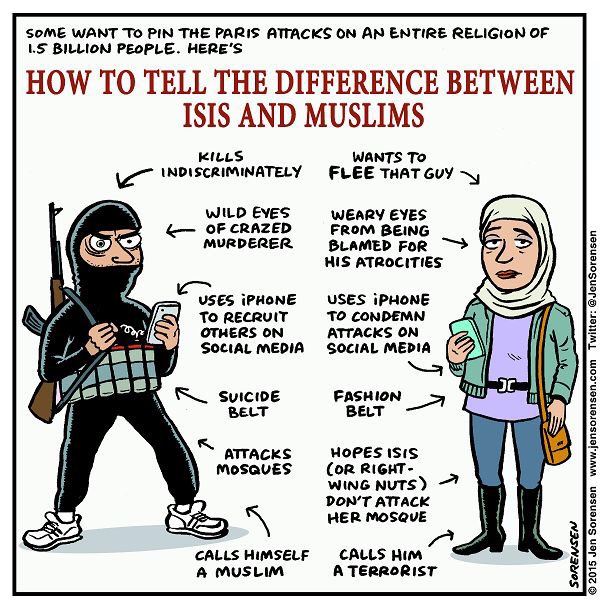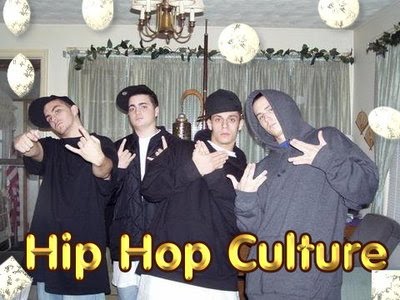Recently
there has been some distress about the idea of today’s rap music being a simple
watered down version of 90’s rap. We’ve heard the argument before, mostly from
backpack-sporting, headphone-wearing, self-proclaimed fans of “real hip-hop.”
Basically, any rap music released nowadays is garbage when compared to the
legendary standard set by rappers from the 90’s. I have been listening to
Hip-Hop my entire life, and even I have subscribed to this belief at some point.
I used to think all new rap was trash and underground rap was the standard, and
then I grew up.
Again, I
found Hip-Hop a lot sooner in my life than in high school or whenever 50 Cent
put out “I Get Money” and I continuously find something new to love about it.
Something that has always been expressed in rap music is a braggadocios theme
concerning one’s personal achievements and how they make another person
inferior. To some, this theme seems childish and pointless, but maybe those
critics aren’t familiar with the low self-esteem that comes with surviving in a
low-income neighborhood. This is a theme that enters every aspect of Hip-Hop.
Biggie, Tupac, Big L, Nas and Wu-Tang all did it, and they certainly weren’t
the only ones.
What
confuses me is when these fans of “real hip-hop” say today’s music is just
about drugs, violence, money and promiscuous women, when it is blatantly
obvious that their favorite artists did the exact same thing. Let me get this
straight, since Big L was an intricate lyricist it’s okay for him to talk about
murder and drugs? It is inconsistent to apply your beliefs to Waka Flocka
Flame’s music, then turn around and say Nas is justified in doing the same
thing. In Big L’s 98’ freestyle, he
makes several claims about his stature as a drug dealer, a thug and a player.
My favorite line that contradicts the “holier than thou” idea “real hip-hop”
fans have about Big L is “I’ve got more riches than you, I got more b*tches
than you, only thing I don’t got is more stitches than you.” Aside from the
contradiction that this presents, this hardly cuts deep in the emotion of
whoever he is attacking.
Even
still, hardheaded backpackers will argue that Big L was just expressing himself
through his art form in a way that is familiar to him. Well what makes it okay
for an “intelligent” rapper to talk about his life growing up in the hood, but
not okay once an average rapper talks about his experiences? To stay with Big L
as an example, he only has a few songs dedicated to raising awareness of
mistakes to be made in the hood, but the rest of his catalogue is about
violence, drugs, sex and money. Biggie Smalls was not known for his peace
promoting songs, nor was Wu-Tang, N.W.A. and Big Pun. These rappers are still
regarded as great by the same fans who criticize Schoolboy Q and others for
rapping about the same subjects.
Another
argument that is presented is that rap songs released today are far simpler
than they once were which is obviously absurd. Sure there were plenty of
well-spoken rappers back in the “golden age,” but there were also a lot of
simple artists. Beastie Boys, Eazy-E, Vanilla Ice, Kriss Kross and others were
definitely not the most complex lyricists, but of course this gets overlooked
when “real hip-hop” fans decide to cherry pick which artists represent a
generation. When speaking about legendary rappers, we forget that people like
Rico Suave and MC Hammer existed and also made it embarrassing to say you were
a fan of rap. The difference between Rico Suave and Jedi Mind Tricks is that
Rico Suave actually got radio play.
If you
wanted to listen to the new Jedi Mind Tricks album in 1998 you had to really
want to find it. The same can be said for good music today. Instead of
listening to the radio station, waiting for an artist you like, go find the
music you want to listen to. Along with the idea of listening to music you
want, keep listening to the radio if that is what you enjoy. Tyler, the
Creator, an artist described as someone who “consistently nails the craft,”
says the same thing in his title track for his Goblin album. “These n*ggas ain’t f*ckin with me, cuz I don’t listen
to the Immortal of Tech-the-nique, and all this underground bullsh*t that’s
never gon’ peak, on the Billboard Top 20 and Jam of the Week, I’d rather listen
to Badu and Pusha the T, and that Waka Flocka Flame instead of that real
hip-hop.” This is certainly a powerful statement about the expectations that
backpackers have about taste in rap music. It also shows that just because you
enjoy Chief Keef or Future doesn’t mean you can’t live your own intelligent and
enlightened way of life. I am a heavy supporter of conscious rap but it’s not
something I want to listen to in every situation. A party is not the right
setting to play Immortal Technique or Jedi Mind Tricks, at least not if you
care about everyone else at the party and not just yourself. “Back That Azz Up”
by Juvenile is a much more effective way to start a party than “Dance with the
Devil.”
Overall, I think this claim that rap music used
to be great and now it sucks, is just plain lazy. First, there is never a time
frame for when rap was absolutely perfect. The argument always comes with
arbitrary terms like “new school” and “old school.” As years progress,
everything becomes “old school.” Hip-hop shouldn’t be about music then versus
music now, it has always provided a commentary to extremely recent and relevant
events and pop culture topics. The problem is hip-hop heads think everyone has
to make an insightful commentary about serious topics that are happening. Some
rappers do talk about important issues but then there are others who would
rather talk about strippers and prescription pills, and they both have a right
to express themselves. Think about all the entertaining movies out there. They
would all be replaced with documentaries if we apply the same mind frame to
cinema. The same way you don’t see a documentary at a movie theatre, you’re
probably not going to hear a socially conscious rap song on the radio. Similar
to a documentary, you have to go find the quality of music you yearn for, it is
not going to just pop into your lap. Now I realize it may be difficult for some
people to find more than five above average rappers nowadays so I took it upon
myself to compile a brief list. Ab-Soul,
Action Bronson, Big KRIT, Bishop Nehru, Casey Veggies, Capital STEEZ, Chance the Rapper, Dizzy Wright, Denzel Curry, Earl Sweatshirt,
Flatbush Zombies, Isaiah Rashad, J. Cole, Joey BadA$$, Jay Rock, Kendrick
Lamar, Logic, Mac Miller, Run the Jewels, Robb Banks, Schoolboy Q, Tyler the
Creator, Vic Mensa, Vince Staples, Wale. Now, when you listen to these
musicians you may notice they talk about money, drugs, women and violence, but
remember that your favorite rappers were probably violent, misogynistic, rich and
addicts themselves. I can listen to Young Thug and you can listen to Common,
but at the end of the day, we both just go home and live our regular lives. I
hope this discussion continues because as the great Xzibit puts it, “Your
little lungs is too small to hotbox with God.”

